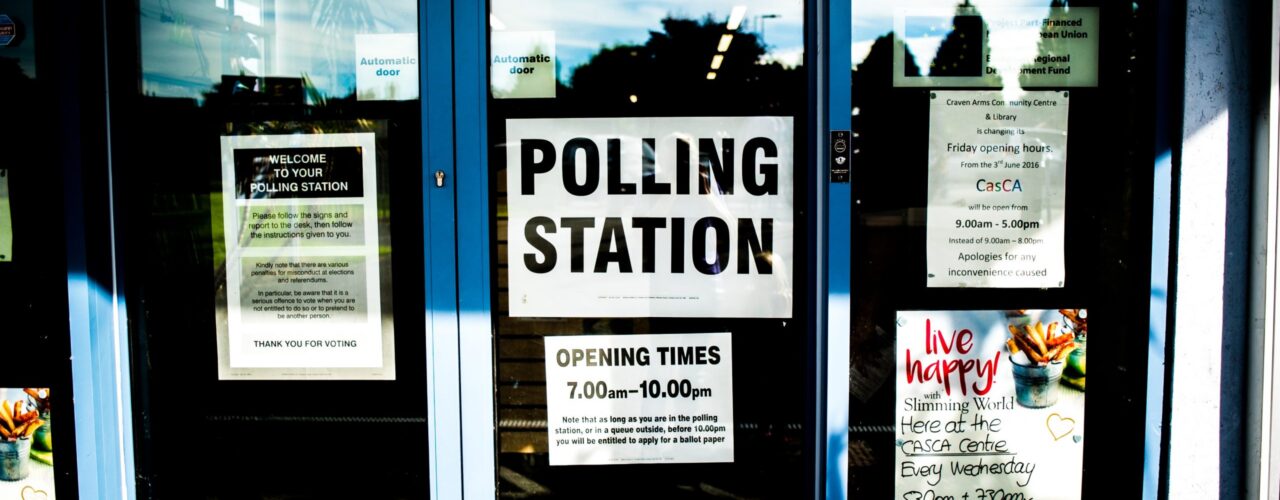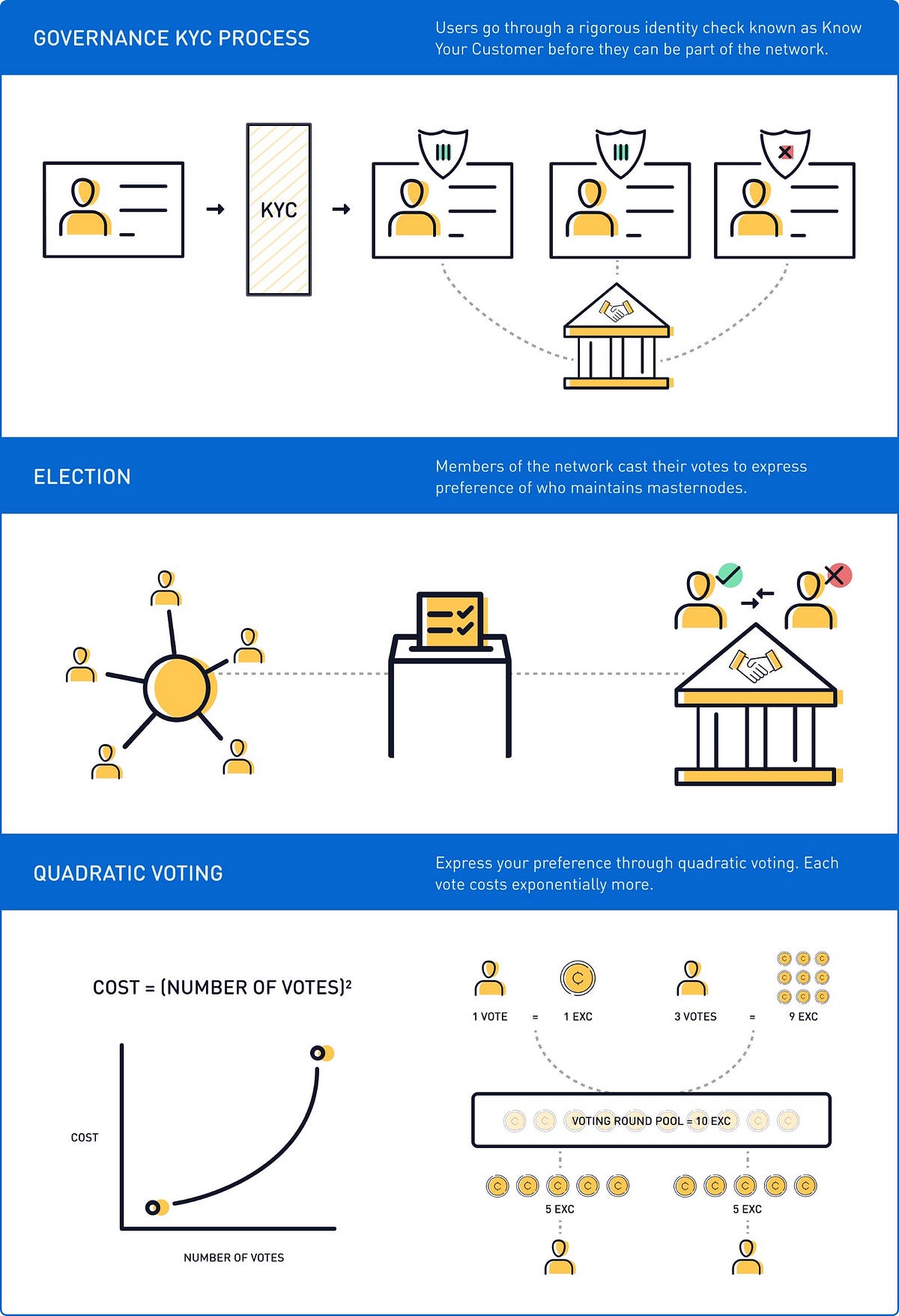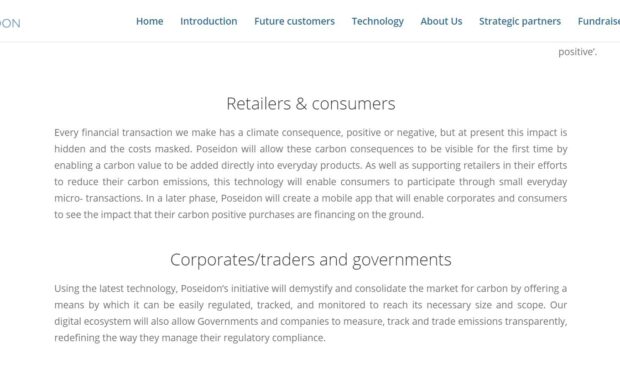An alternative voting mechanism aims to capture how strongly members of the public feel about a particular policy or topic, beyond simple approval or rejection. In ‘Quadratic Voting’, voters are able to cast multiple votes, using a limited number of voting tokens over a certain period. The stronger they feel, the more votes they will cast. Voters use their voting tokens to pay to vote, and each vote is quadratically more expensive: 1 vote costs 1 token; 2 votes cost 4; 3 votes cost 9, and 4 votes cost 16, and so on. This discourages a single party from dominating the vote on any particular issue.

So what?
Quadratic voting has been hailed as a way to address governance problems in blockchain communities. The blockchain platform EximChain has built it into the software to guard against groups of individuals attacking a decision-making process.
It can also help governments identify what to prioritise out of a range of bills that are widely backed. For instance, when the Democrats came into power in Colorado in 2019, they used it to identify which policies to fund first out of over 60 bills, with a clear winner: Senate Bill 85, the Equal Pay for Equal Work Act.
How much more sensitive to our preferences might decision-making processes become, through a combination of new technology and new models for citizen engagement? And who will the winners be? Can new mechanisms support societies to become more equitable as governments respond to citizen needs, as the Colorado example seems to suggest?
Sources
-
 What makes Quadratic Voting an effective Democratic Voting Mechanism https://medium.com/eximchain/what-makes-quadratic-voting-an-effective-democratic-voting-mechanism-d7a555de8f6b
What makes Quadratic Voting an effective Democratic Voting Mechanism https://medium.com/eximchain/what-makes-quadratic-voting-an-effective-democratic-voting-mechanism-d7a555de8f6b -
 (PDF) Quadratic Voting: How Mechanism Design Can Radicalize Democracy https://www.researchgate.net/publication/325310987_Quadratic_Voting_How_Mechanism_Design_Can_Radicalize_Democracy
(PDF) Quadratic Voting: How Mechanism Design Can Radicalize Democracy https://www.researchgate.net/publication/325310987_Quadratic_Voting_How_Mechanism_Design_Can_Radicalize_Democracy -
 Quadratic Voting: A New Way to Govern Blockchains for Enterprises https://www.forbes.com/sites/shermanlee/2018/05/30/quadratic-voting-a-new-way-to-govern-blockchains-for-enterprises/
Quadratic Voting: A New Way to Govern Blockchains for Enterprises https://www.forbes.com/sites/shermanlee/2018/05/30/quadratic-voting-a-new-way-to-govern-blockchains-for-enterprises/















Join discussion